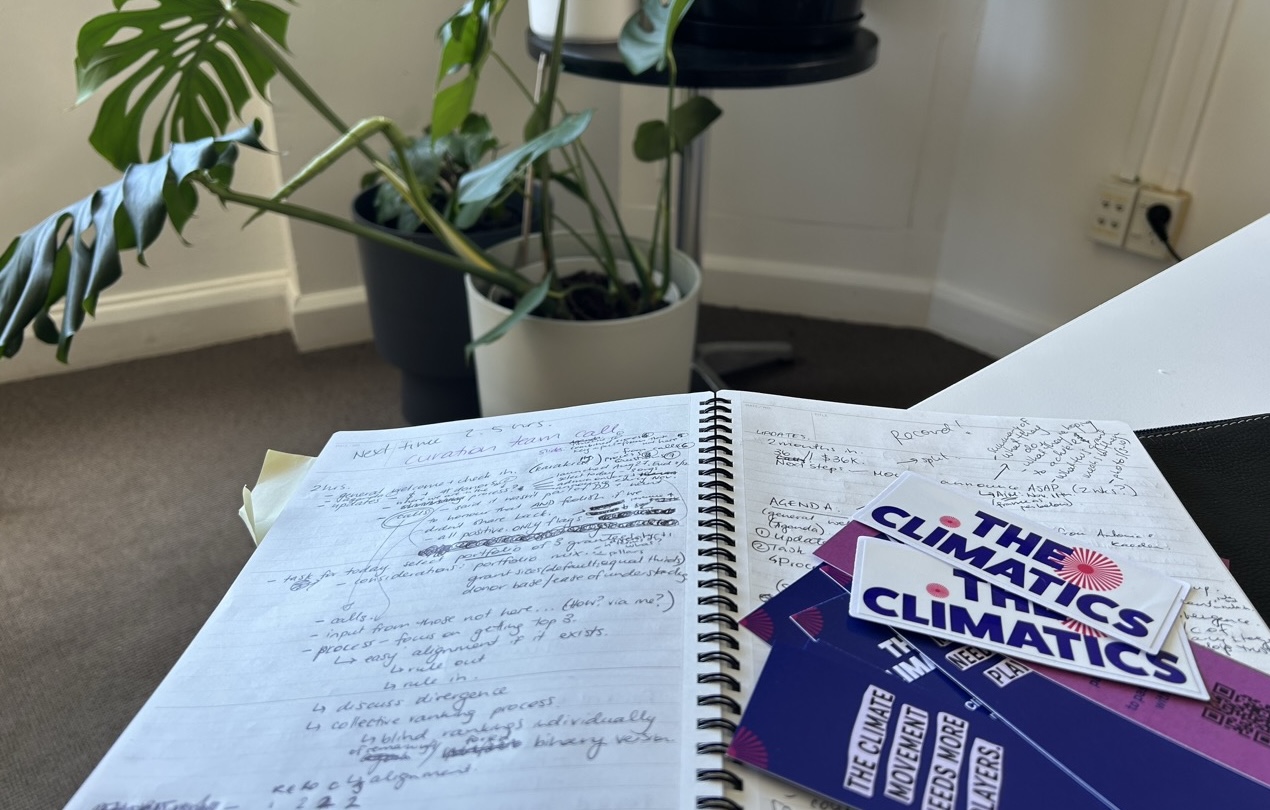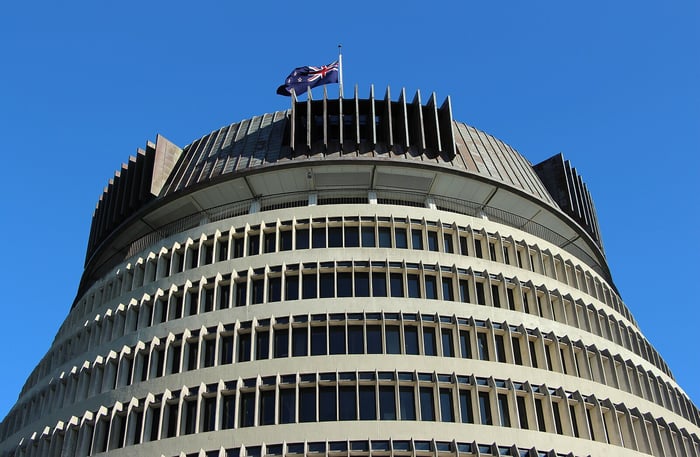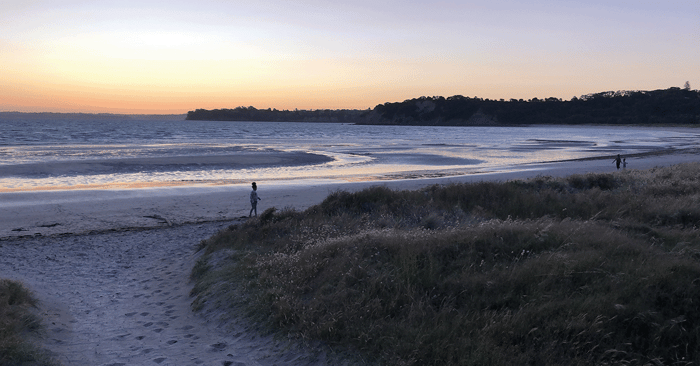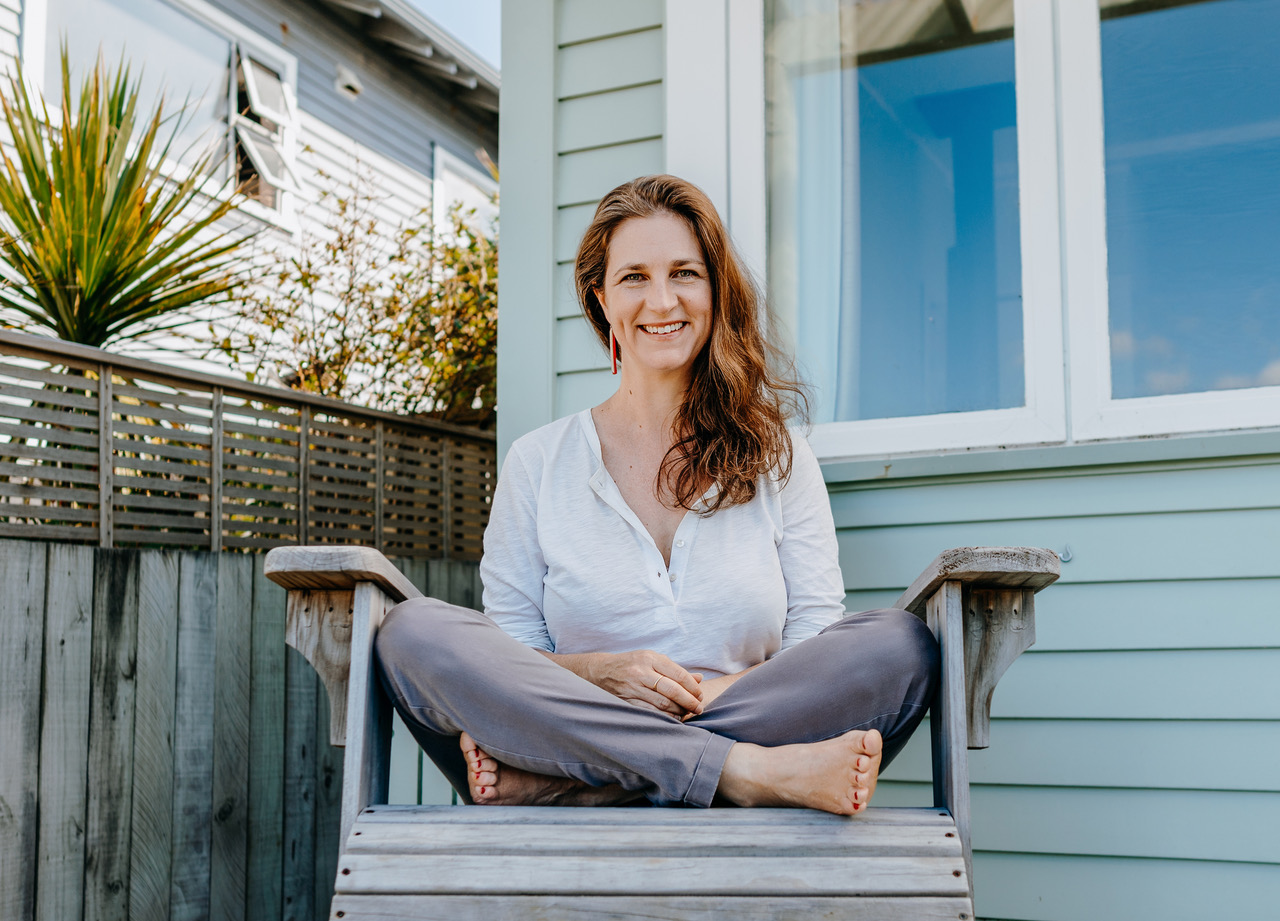
Two hours. Seven organisations. Three funding decisions.
That's what was on the agenda Tuesday morning for The Climatics' curation team. The moment where months of research, mapping, and deliberation came down to choosing our first portfolio.
By the time we finished, with four minutes to spare on our two-hour call, our rockstar climate folks had a portfolio of three organisations that every one of them supported. But getting there? That was the interesting part.
The why behind the how
I get really nerdy about collective decision-making processes. Not because process is inherently exciting (though I think it can be), but because how we make decisions shapes what we decide. And when you’ve been trusted to make decisions about how to allocate other peoples’ money, getting it right matters.
We could have given the money to any single organisation on our shortlist and it would have had impact. They are all doing important, effective work. So the question wasn't "which organisations are good enough?" It was "which organisations are the right fit for what we're trying to catalyse in this moment?"
That required a process with rigour. And multiple perspectives. And genuine deliberation.
Building the shortlist
If you want to know more about how we built the longlist, check out my previous blog. Once we had our shortlist of seven organisations, the work got more detailed. For each organisation, we looked at publicly available information - the charities register, their websites, media coverage. We spoke to a handful of highly trusted people in the ecosystem who know this work intimately. Then we wrote up a one-page briefing note for each organisation, synthesising what we'd learned and what questions remained.
The curation team brought different vantage points to this work: biosphere science, indigenous wisdom, philanthropy, tech, movement building and more. Each reviewed the briefing notes and scored the organisations based on their assessment. Then I compiled these scores to see if patterns emerged that could inform our deliberation.
In parallel, MJ and I reached out to all seven shortlisted organisations and managed to have calls with six of them. These weren't due diligence calls - they were about consent (making sure organisations wanted to be considered), context (giving them space to explain their work in their own words), and questions (theirs and ours).
Those calls were humbling and inspiring in equal measure. These organisations are in the trenches, doing hard, important work. Many were genuinely surprised and grateful that we'd reached out. It reinforced something I already knew: there's more excellent climate work happening in Aotearoa than most people realise, and much of it is happening quietly, without fanfare.
The deliberation
On Tuesday, the curation team gathered (virtually) for two hours of deliberation. We started by asking: are there any organisations that are clearly in, or clearly out?
One organisation was immediately included - every curation team member had ranked it highly. But there were no easy outs. Every organisation on the shortlist had at least one champion on the team. This wasn't because people were being polite. It was because the quality was genuinely high, and different perspectives valued different things. Both of those facts are good.
So we discussed each organisation at length. What kind of change are they creating? How does their work connect to our funding focus areas? What would this funding enable that wouldn't happen otherwise? Is there anything about the context right now that means one approach is more timely than another in this current moment? Where are the gaps in the ecosystem, and who's positioned to address them?
I facilitated using a tool I love for complex group decisions: the levels of consensus framework (which I couldn’t actually find the original source of - but here’s an explainer until I track one down). This is an approach my old colleagues at Ashoka used to use (hat tip to the wonderful Rainer Höll, who I first learned it from). I use it often because it helps groups navigate nuance and creates space for people to express degrees of support or concern rather than forcing binary yes/no votes.
With four minutes remaining on our call, we reached consensus and finalised the portfolio.
What this revealed
Here's what became clear through this process:- There is more happening than people realise. We started with 120+ organisations. We could have funded any of the seven finalists and felt good about it. That's not a problem - it's proof that change is happening, led by creative, committed people who've figured out how to do sophisticated work, often on minimal resources.
- Perspective matters. Having a curation team with diverse expertise meant we saw things we would have missed on our own. Technical implications we hadn't considered. Cultural context we needed to understand better. Movement dynamics that shifted how we thought about impact.
- There's no perfect formula. You can build the most rigorous process in the world, and at the end of the day, you're still making judgment calls about what matters most right now. That's okay. That's the work.
- Making hard choices doesn't mean the other options weren't excellent. This is the piece I want to be really clear about: the organisations that didn't make it into this portfolio are doing brilliant work. The four on the shortlist and the ones in the longlist. Work that matters. Work that deserves support. The fact that we couldn't fund them this round doesn't diminish that.
We couldn't have done this alone
To our rockstar curation team: we couldn't have done this without you. Your expertise, your perspectives, your commitment to getting this right. Thank you. (You can read more about each of them here).
To the organisations on our shortlist - whether you're in this portfolio or not - thank you for the work you're doing. For showing up. For staying in it. For building the change we need.
And to everyone who's donated to and supported The Climatics so far - your belief in this vision is why we’re here. You’re not just funding these three organisations, you’re building the social proof that this can work. And so we had each of you in mind when we built this process, wanting to give this decision the seriousness and care your trust in us deserves.
What comes next
We reached out to the three organisations yesterday to let them know they're in our first portfolio. We'll announce who they are in about a week.
And then - and this feels important - we'll share the stories of all the shortlisted organisations if they want us to. Not as "the ones that didn't make it," but as organisations doing work that everyone should know about. Because one of the things this process reinforced is that visibility matters. Funding matters. And both are in too-short supply for the quality of work that's happening.
If you want to be the first to know who we're funding, we'll be telling our donors first, and then all of our newsletter subscribers - so if you're not already on that list, sign up now!
Watch this space.

Pip Wheaton - The Climatics Co-Founder
Growing up in rural Australia made Pip intensely curious about humans’ impact on the rest of the natural world. Her childhood saw her planting trees and rounding up sheep, finding snakes in her bedroom and echidna in the garden, and solo walks gazing at exceptionally starry skies. Pip works on climate change, both locally where she now lives in Te-Whanganui-a-Tara, and globally. Her work is informed by systems theory and a fierce sense of justice: her decision to work on climate is based on the recognition it is a symptom of deep faults in our social, economic, and political systems. She has worked in social entrepreneurship, local government, academia, and philanthropy across Australia, South Africa, the UK and Aotearoa. Pip is an award-winning social entrepreneur for founding enke: Make Your Mark, a youth leadership organisation in South Africa.
More recent stories

October 5, 2025
Transform the Politics - what it means and why it matters
This is the third of four blog posts exploring The Climatics' funding focus areas: elevating the sto...

September 26, 2025
Build the Movement - what it means and why it matters
This is the second of four blog posts to dig into each of The Climatics' funding focus areas: elevat...

September 11, 2025
From drops in the ocean to part of a wave
We all want our actions to matter. One of the defining features of climate change that makes it so h...
Join our Community
We’ll send stories and updates from The Climatics, plus ways to be part of climate action in Aotearoa.
Small gifts create big shifts
By pooling donations, small gifts add up fast. And every dollar goes straight to climate projects doing the mahi.

